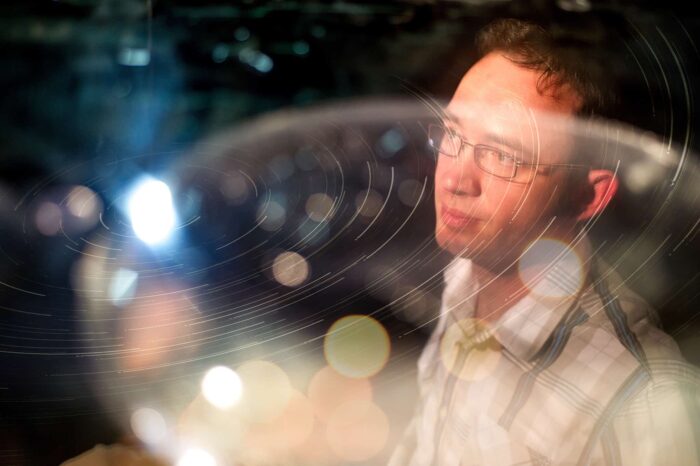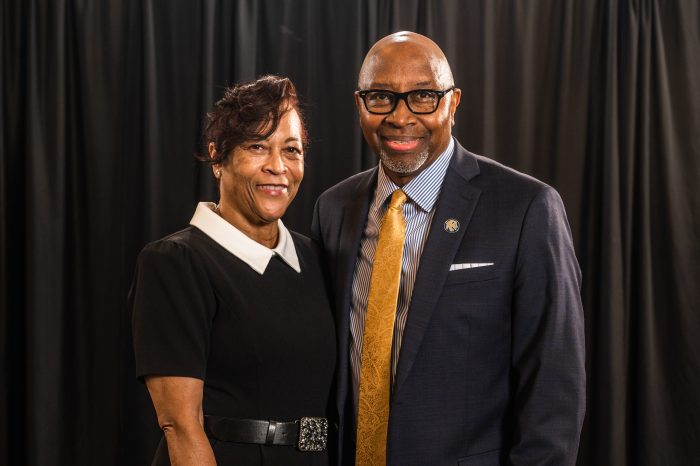A&M-Commerce receives $1 million National Science Foundation grant to train STEM educators

Texas A&M University-Commerce has received a National Science Foundation grant totaling more than $1 million to fund a collaborative project titled, “Preparing a Community of Outstanding STEM Teachers for Rural and Urban Northeast Texas.”
“I am thrilled to have been awarded this grant,” said Dr. William Newton, associate professor of physics and astronomy. “This collaboration among five departments and two colleges will fund scholarships for 32 of our best physics, chemistry, biology, and math students who will be trained to become exemplary high school teachers.”
The grant will allow the Robert Noyce Teacher Scholarship Program to recruit and prepare 32 students over five years to become secondary physics, chemistry, biology, and mathematics teachers in high-needs school districts in Northeast Texas. Counties in this region of the state currently face a shortage of secondary STEM educators, compounded by high turnover rates among teachers with this background.
The grant is expected to total $1,199,157 over five years beginning July 1, 2018 and ending June 30, 2023. Funding for the program's first four years totaling about $1 million will be distributed initially with the remaining about $190,000 of funding being distributed in the fifth-year contingent upon the program's performance.
The project will address the STEM educator shortage with three primary efforts:
1. Participants will be recruited with activities that present teaching as an attractive, first-choice career option and by providing students teaching experiences early in their academic careers.
2. Participants will be prepared through teaching tracks that combine their major courses with teacher certification courses and a dedicated class in each major which covers discipline-specific pedagogy, education research, and culturally-responsive teaching.
3. Participants will be supported as they work in local high-needs schools by individual mentor teachers and a mutually supportive community of teachers and scholars. The community will meet regularly and will foster collaboration and communication between rural and urban districts.
The project was created as a collaboration between the departments of physics, chemistry, biology, math, and curriculum and instruction. It will be under the direction of faculty from
the various departments including Newton; Dr. Robynne Lock, assistant professor of physics and astronomy; Dr. Rebecca Dibbs, assistant professor of mathematics; Dr. Melanie Fields, assistant professor of curriculum and instruction; and Dr. Johanna Delgado-Acevedo, assistant professor of biological and environmental sciences.
“I’m looking forwarded to working with our amazing team to make a real difference in STEM education in Northeast Texas,” Newton said.





